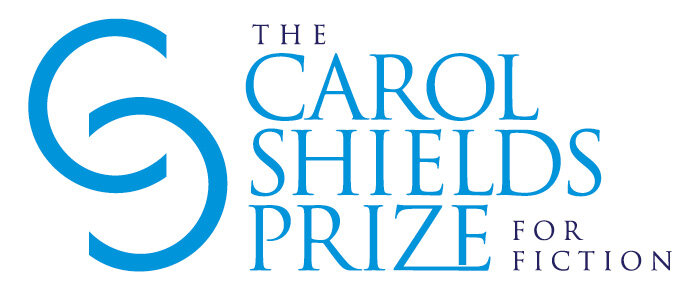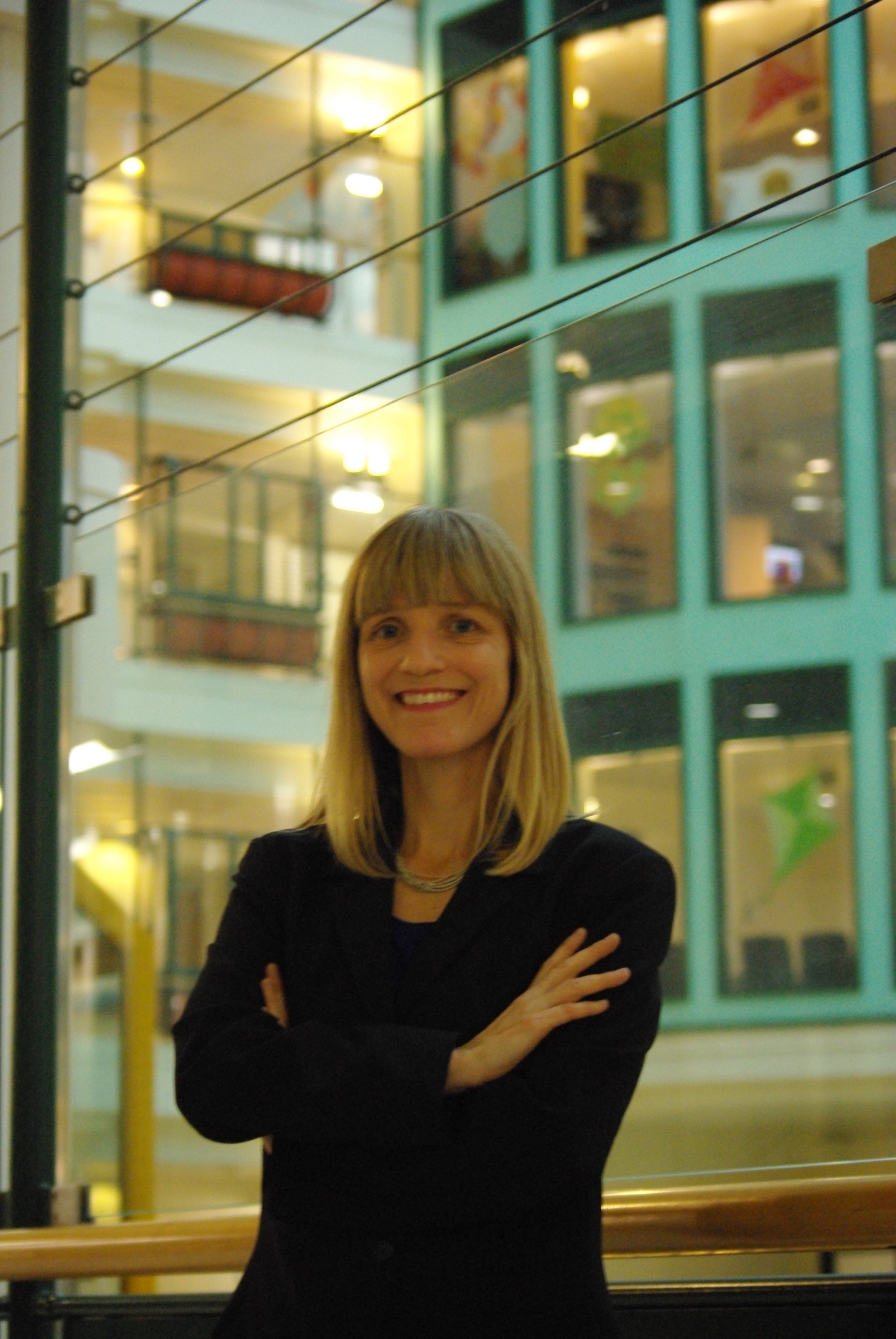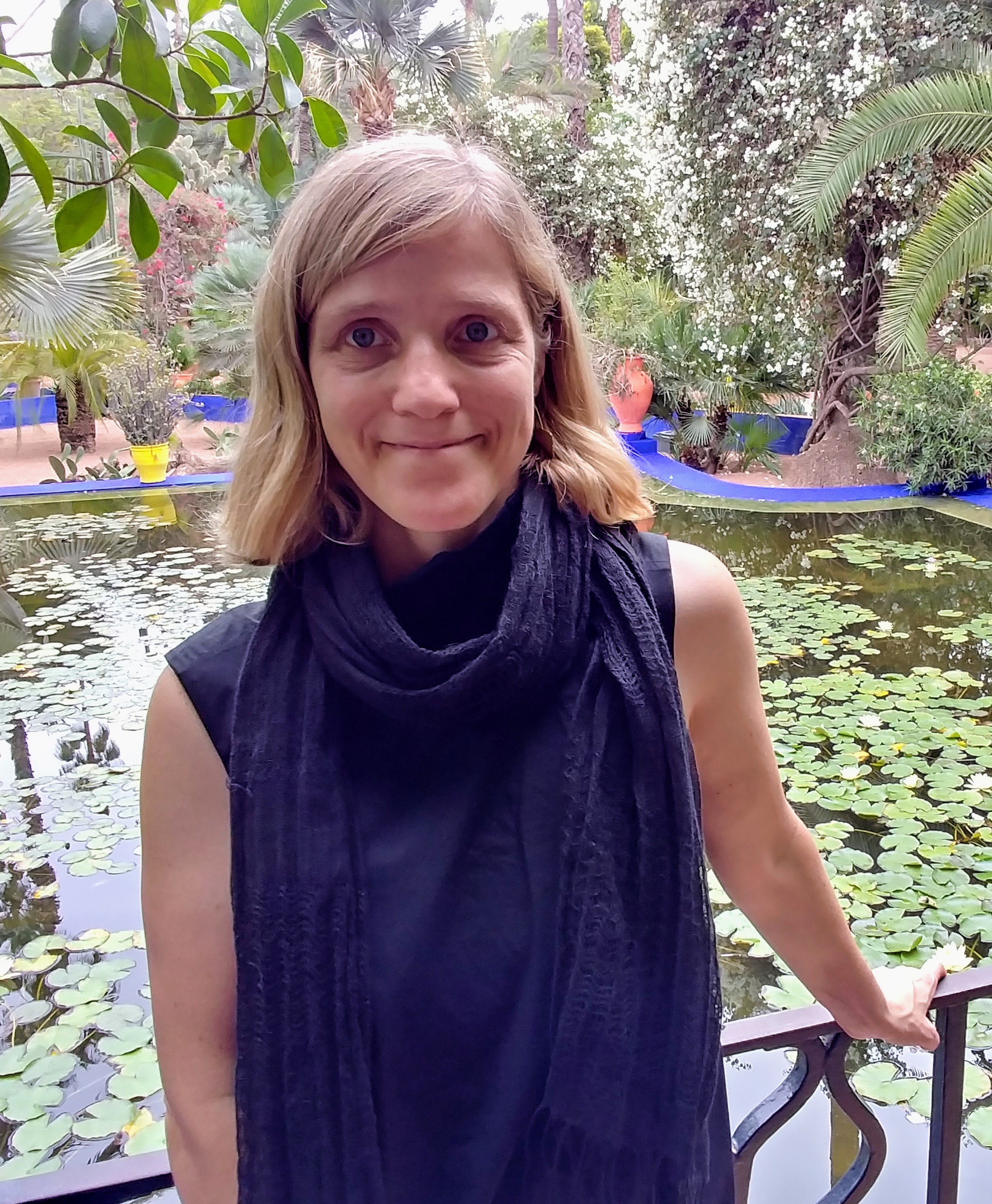Q&A with honorary patron Sari Morrison
By Emily Donaldson
Sari Morrison joined the Carol Shields Prize as a volunteer with knowledge of the charitable sector in 2015, and, despite having no experience, has distinguished herself as one of the prize’s top fundraisers. At the time of this interview, she’d raised 70 percent of her $100,000 goal (she’ll get there, she says). Originally from London, Ontario, Morrison currently lives in Toronto, where she works full time for the SickKids Foundation. She is the wife of Derek Weiler, who was editor of Canadian book-industry magazine Quill & Quire until his untimely passing, at age 40, in 2009. Sari and Derek are both honorary patrons of the Carol Shields Prize.
Tell me a bit about your background and how you came to be involved with the prize.
I’m an accountant and I’ve worked in the not-for-profit industry for my entire career. I first heard about the prize through friends – I was told they were looking for someone with a finance background to help out. I was looking for a volunteer job and was really sold on the mission of the Carol Shields Prize, especially when I saw the original marketing materials. They really rang true with me – specifically stats like about how typically, in North America, women write 50 percent, or slightly more, of all books, but are only reviewed and/or get nominated for prizes 30 percent or less of the time. There seemed to be a bias in there. So I became involved and became a board member just over two years ago.
Is this the first prize you’ve been involved with?
For sure. It’s not my background at all, so I’m trying to bring a certain lens and trying to let everybody else who knows more than me do what they do best. I pick up what I can here and there. There are certain aspects of the prize I’m not that involved in because I’m the least qualified person in the room [laughs].
And yet you’re one of the prize’s top fundraisers…
I still have to raise $30,000. I think I’ve raised $69,000, but I just keep chugging along. I was really keen to do fundraising – at SickKids I’m surrounded by superstar fundraisers. A few years ago I was feeling like I really wanted to honor Derek, and that maybe I’d picked up enough by osmosis that that I could do this myself. I’d seen a lot of grassroots, peer-to-peer fundraising campaigns. It turns out I’m not a blockbuster fundraiser, but I am tenacious so I’m going to keep going.
People like me hear the title “fundraiser” and don’t really know what it entails. How is it generally done for a cause like this—email? Cold calls? Boozy lunches?
For the Shields Prize what I’m doing is different than everyone else. Back when it was approaching what would have been Derek’s 50th birthday I thought okay, that’s the hook I’m going to use for people that knew him to give. He would have been a huge supporter of this prize. He loved female writers, and he hated injustice. I wanted to get his name recognized as an early super supporter and use that to have an aspirational goal to fundraise and to get my friends to give, and that’s what I’d like to keep doing. That’s how the other fundraising has come together – through word of mouth.
One individual will have a circle of friends, and they’re like, Oh you should talk to these people, and you call them up and then the next day you have might have a commitment of $25,000 or $5,000. Leveraging these sorts of “influencers” is a low-cost, effective, streamlined way of fundraising. And in the launch phase people get excited about being early adopters. I think that once we go through the cycle and give out the prize for the first time, and we get media from that, other people will naturally gravitate towards us. We’ve hired a US fundraiser to help form a strategy there – because we’re offering the prize on both sides of the border we can attract donors on both sides, too.
The prize is more than just a prize for fiction. There’s a huge focus on women and marginalized populations. We’re offering mentorships and partnerships to fund a larger population and change lives, so it’s great, it’s timely. There are ups and downs, but I think that we can address help inequities around women, BIPOC women, and other groups. We included trans writers in the prize from the beginning, and that turned out to be tremendously well received.
Photo courtesy of Sari Morrison
You said the reception was quite good in terms of approaching donors. Can you describe a typical interaction?
I haven’t been the one doing a lot of this work – our star fundraiser is Susan Swan. She just has this innate passion. She wasn’t a fundraiser before, but she seems to have a knack for it. We’re a little bit natural opposites – the kind of roles we play on the board – but I love her and I love her passion. I think, honestly, that it’s about her conviction. She’s felt her way around a lot, but she’s got a style where she can just engage people. She truly believes in it and she’s very convincing.
For those who didn’t know him, can you talk a bit about Derek?
He was so smart. One of those people whose brain never turned off. My life was different with him than what the publishing world saw. He always identified as a feminist – to the point that when we decided to get married, he was like: You’re not changing your name, because I don’t know who “Sari Weiler” would be. You’re Sari Morrison. I didn’t even ask to change my name, that was just his stance.
In school his focus was on Southern American women writers like Eudora Welty and Flannery O’Connor. He loved Dorothy Allison. I had a quiver in my stomach at our last board meeting because one of our members was noting that Dorothy Allison was a friend, and I was thinking how that would just slay Derek, because he just loved her so much.
Derek would go once a year to Frontier College [a charitable literacy organization in Toronto] to talk to the students and give a lecture. That was his favorite day of the year, so that’s why I’ve thought that some kind of scholarship or mentorship for the prize would be great. I’m not really in the literary world anymore, but I feel like I’m honoring him with this, because he was a true lover of women writers.
So what are your own preferences and proclivities, as a reader?
You have to remember I’m an accountant, business-major type. I wasn’t always running with the literary or the arts crowd…
…But accountants read too.
Well I read a lot of fiction, but I tend to be a bit slow, and I can only read so much on top of my book club lists. I usually like serious, heavy books about people going through struggles, so whatever fits that bill. I’m not always reading the book section of the paper every weekend. I could read just books that have been my list for years. I’ve also been culling books – I take them to the little libraries in my neighbourhood. I just read Guy Vanderhaeghe’s The Englishman’s Boy, because I was at the little library down the street to make more room on my shelves. I think my book club members think I’m kind of odd because I’ll suggest a book and they’re like “I read that 15 years ago!” And I’m like, “Well I didn’t read it 15 years ago and I want to read it now” [laughs].


